HIGHLIGHTS
Ireland will host a high-level international conference in Dublin on 18 November 2022 to formally adopt the Political Declaration on strengthening the protection of civilians from the humanitarian consequences arising from the use of explosive weapons in populated areas. Read more.
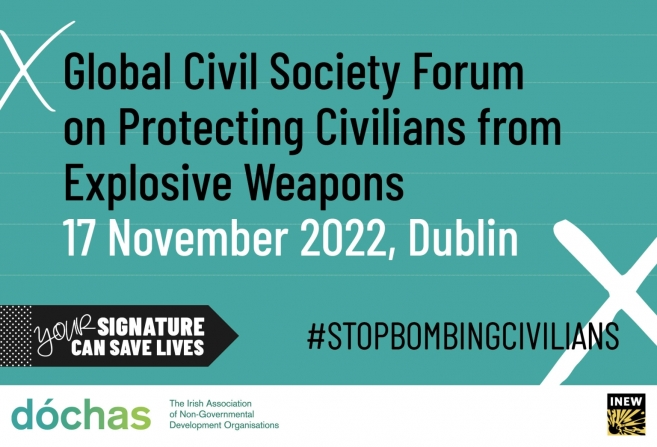
On 17 November, the eve of the signing conference for the “Political Declaration on Strengthening the Protection of Civilians from the Humanitarian Consequences arising from the Use of Explosive Weapons in Populated Areas”, INEW and Dóchas (the Irish Association of Non-Governmental Development Organisations) will co-host a Civil Society Forum. Read more.
State representatives, international and civil society organisations meet in Geneva on 17 June 2022 under Ireland’s leadership for the final consultation on the political declaration on explosive weapons in populated areas, aimed at strengthening the protection of civilians arising from the use of explosive weapons in towns, cities and other populated areas. Read more
State representatives, international and civil society organisations meet in Geneva from 6-8 April 2022 to resume negotiations on the political declaration. Read more.
The government of Ireland hosts the third round of consultations virtually on 3-5 March 2021 to develop an international political declaration. Read more.
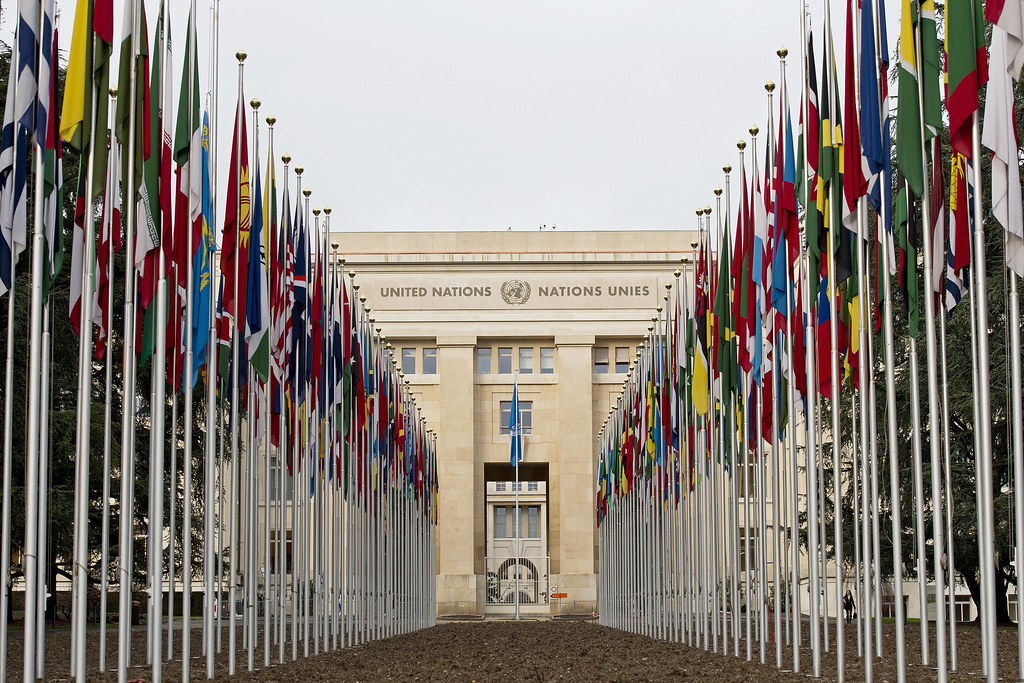
States engage in the second round of consultations on the 10th February in Geneva, convened by Ireland aiming at gathering input ahead of drafting the political declaration. Read more.
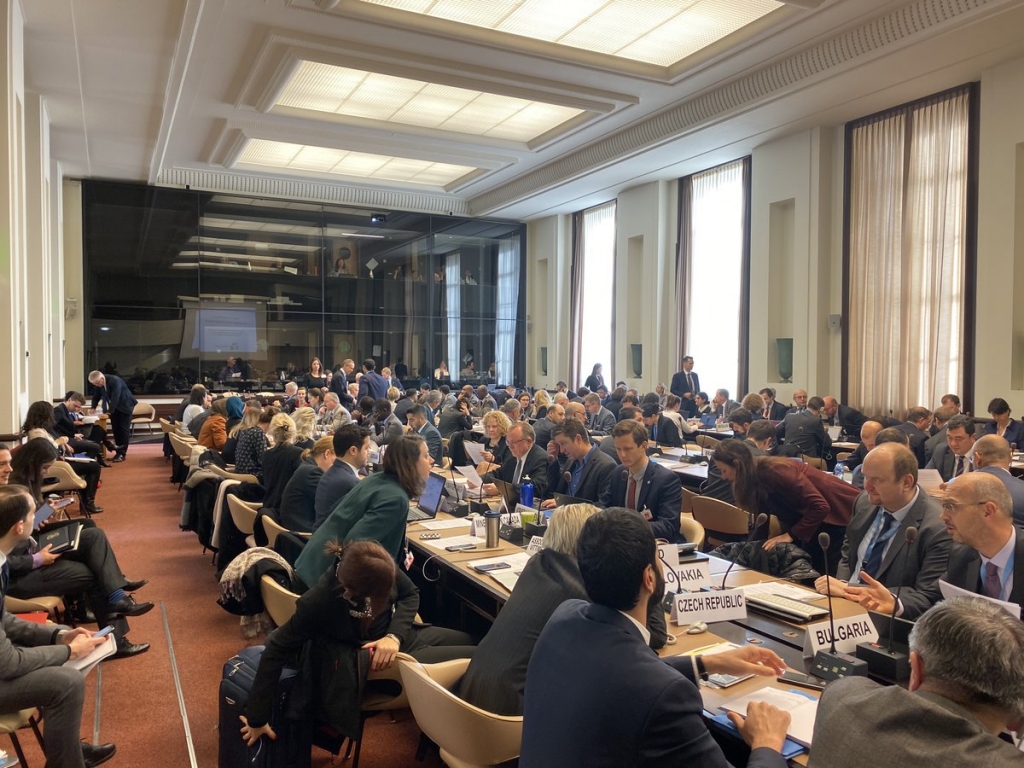
States meet for the first round of consultations in Geneva, convened by Ireland aimed at gathering input ahead of drafting an international political declaration to address the humanitarian impact from the use of explosive weapons in populated areas. Read more.
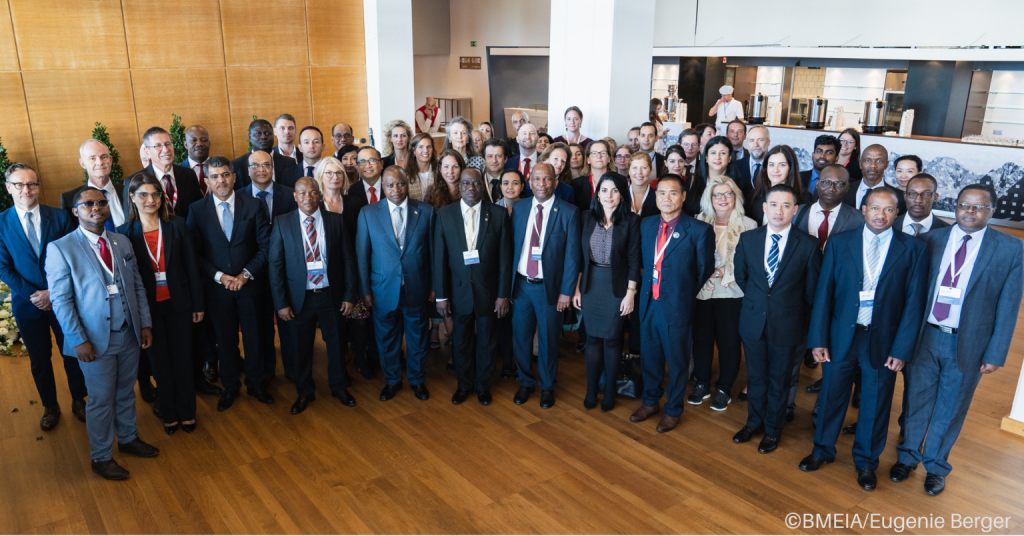
133 countries gather in Vienna for a Conference on the Protection of Civilians in Urban Warfare on 1-2 October 2019 where states discussed the harm caused by the use of explosive weapons in populated areas, the legal context and examples of good military practice. Read more.
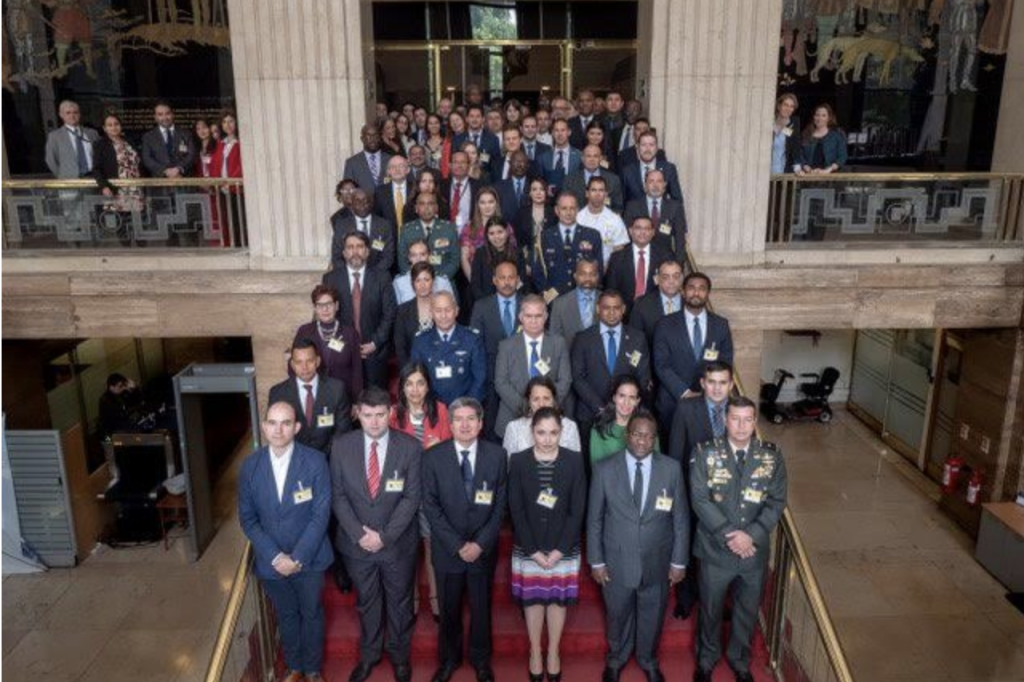
23 Latin American and Caribbean states gather at the Santiago regional conference on protecting civilians from the use of explosive weapons in populated areas issue a joint Communiqué.
At the meeting of the UN General Assembly’s First Committee, fifty states issue a joint statement that expresses grave concern over the humanitarian harm caused by the use of explosive weapons in populated areas.
19 African states gather at the Maputo regional conference on protecting civilians from the use of explosive weapons in populated areas issue a joint Communiqué.
An unprecedented joint warning on the impact of today’s conflicts on civilians is issued by the UN Secretary-General and the President of the ICRC calling on parties to armed conflict to stop the use of heavy explosive weapons in populated areas.
It noted the development of a presumption against the use of those explosive weapons with wide-area effects in populated areas as a theme in reducing the humanitarian harm from the use of explosive weapons in populated areas.
The International Committee of the Red Cross (ICRC) publishes its paper on challenges in contemporary armed conflict, and concludes that despite the absence of an express legal prohibition, due to the significant likelihood of indiscriminate effects, “explosive weapons with a wide impact area should be avoided in densely populated areas”.
The International Network on Explosive Weapons (INEW) is formed, calling for immediate action to prevent human suffering from the use of explosive weapons in populated areas. UN Security Council resolution 1975 on Côte d’Ivoire urges parties to prevent the use of heavy weapons against the civilian population.
